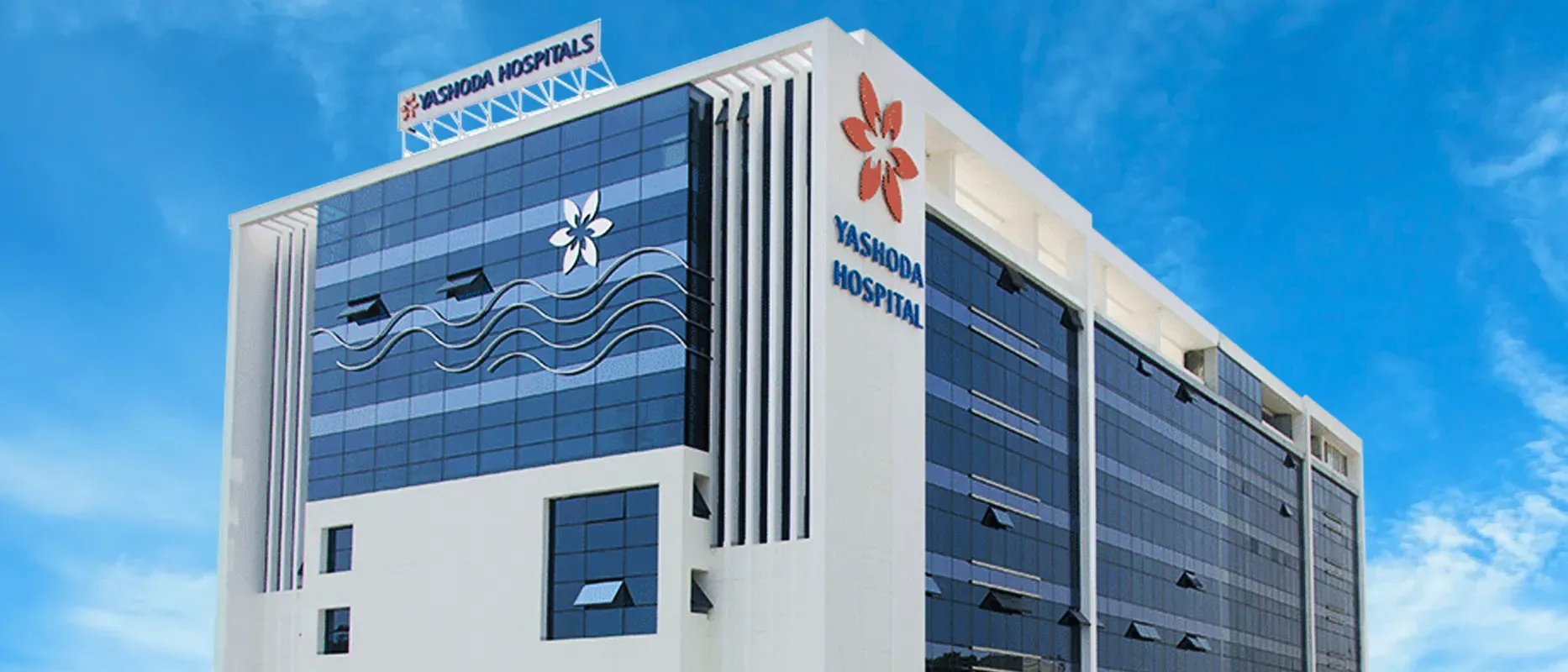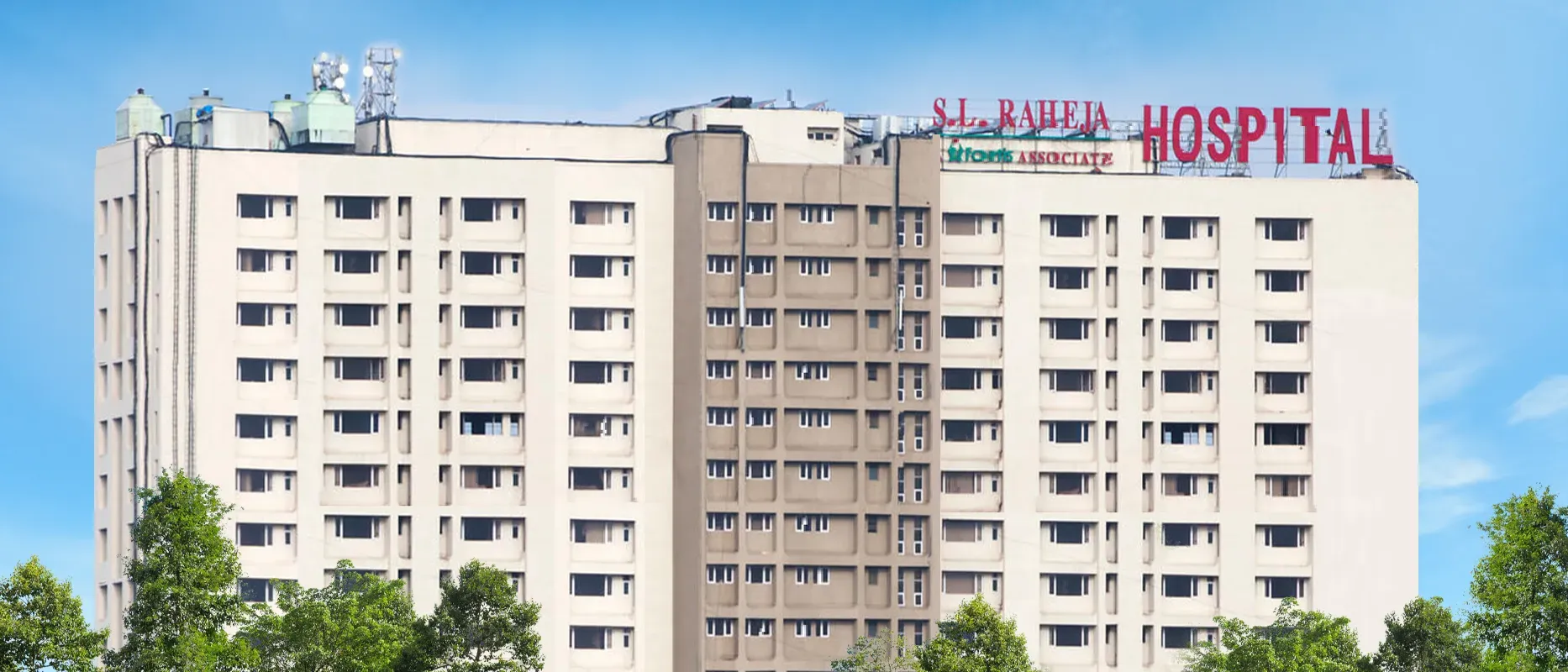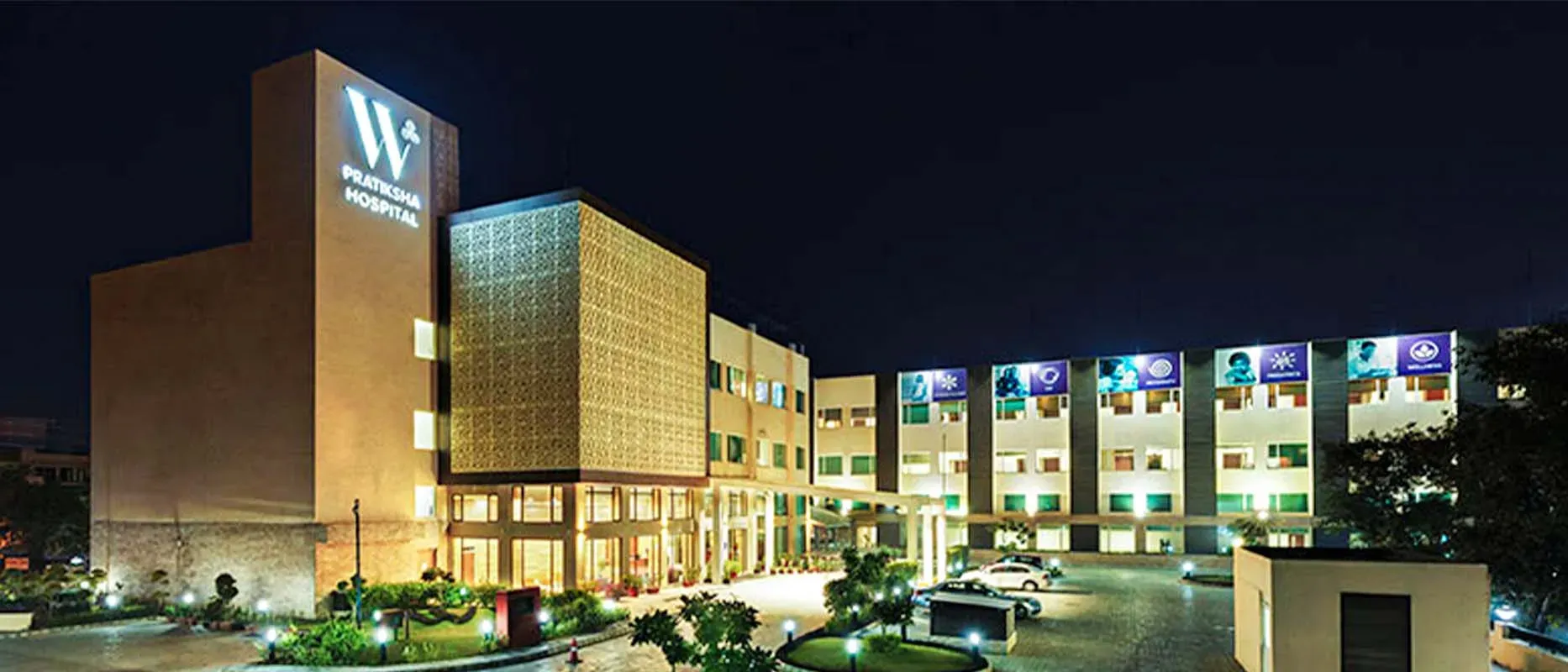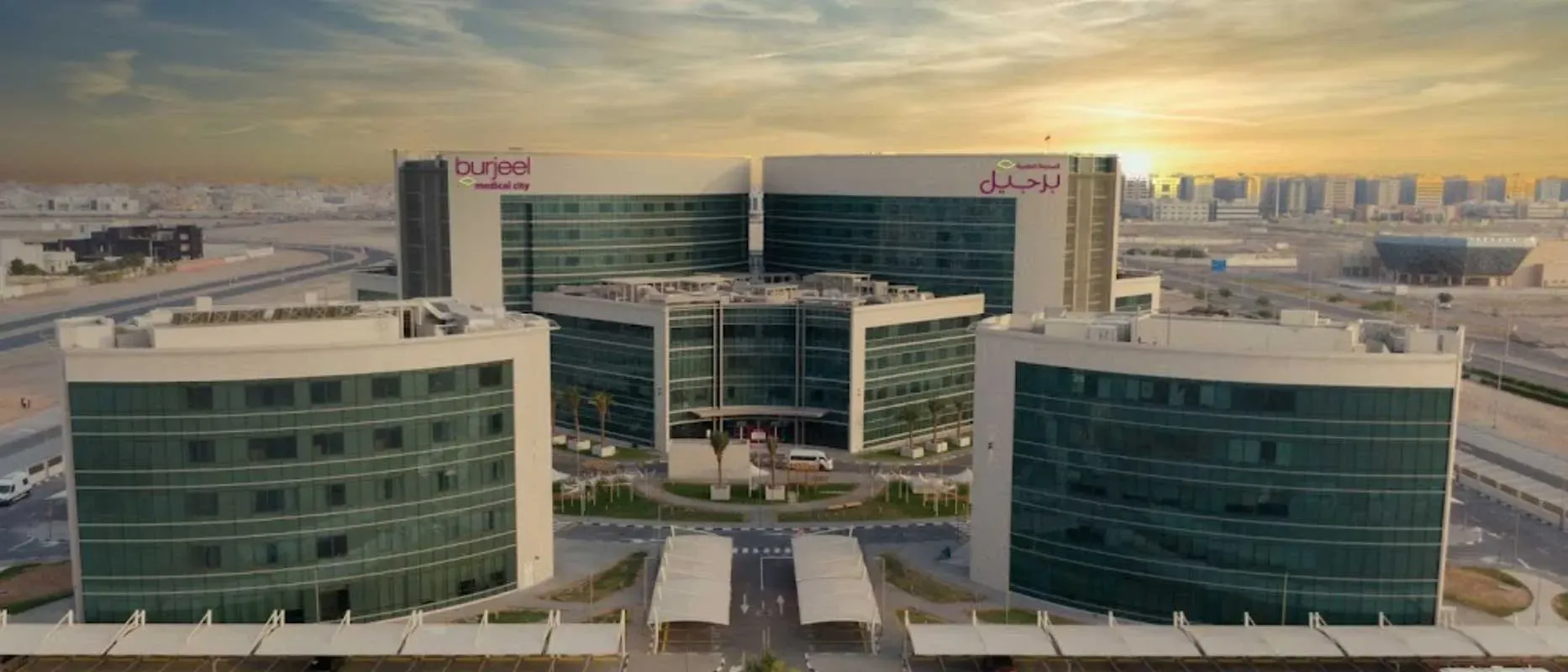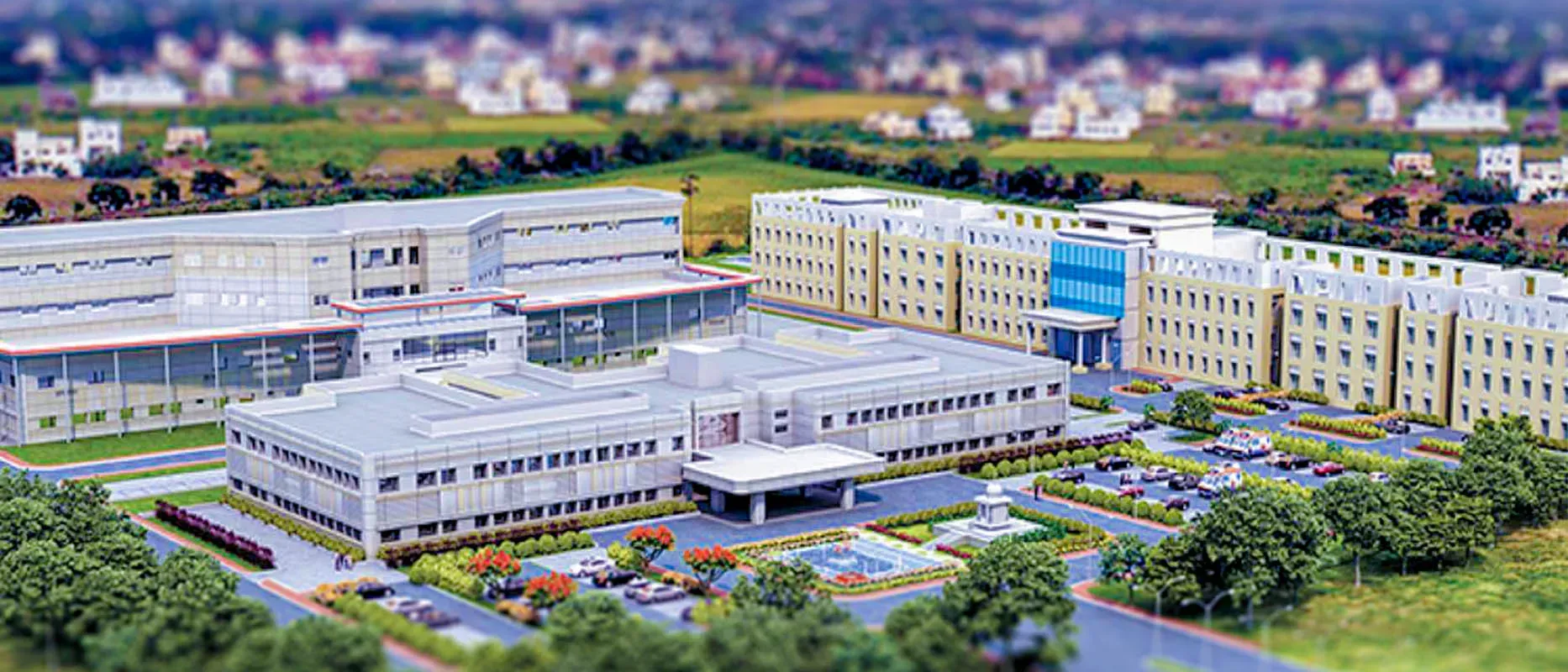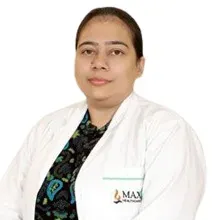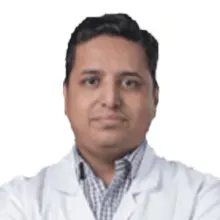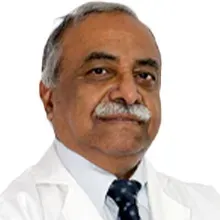Overview of Cancer Treatment in India
Cancer is a disease characterized by uncontrolled cell division, which affects the function of the involved organ. Symptoms of cancer vary depending on the organ involved. Treatment options include chemotherapy, radiation therapy, and surgery, which are used to cure the disease or manage symptoms. Combination treatments may also be used, where multiple treatments work together to combat cancer.
The cost of cancer treatment in India ranges from ₹ 1,50,000 to ₹ 9,95,000. The cost can vary according to the type of cancer, the patient’s condition, the experience of the surgeon, and the facilities of hospitals. Cancer surgery costs between ₹ 1,50,000 to ₹ 3,00,000, Cancer radiation therapy costs from ₹ 1,50,000 to ₹ 10,00,000, and chemotherapy Costs from ₹ 10,000 to ₹ 1,70,000. Additional diagnostic tests, medications, and daycare expenses can be ₹ 15,000 to ₹ 50,000
Types of Cancer Treatment in India
Some of the types of treatments that are used in the management of cancer are described below:
- Chemotherapy
- Radiation Therapy
- Immunotherapy
- Targeted Therapy
- Surgery
- Hormone Therapy
- Stem Cell Transplant
- Precision Medicine
- Cryotherapy
- Photodynamic Therapy
- Ablation Therapy
- Palliative Care
- Alternative and Complementary Therapies
Chemotherapy
Chemotherapy is the treatment for cancer in which drugs are used to kill or slow the increase of cancer cells. Chemotherapy medications are mostly used in the aggressive stage of cancer. It is sometimes also used in combination with other treatments like surgery. Chemotherapy drugs can be given orally and they can also be injected into the veins of patients.
Radiation Therapy
In Radiation therapy, cancer cells are destroyed with the help of high-energy X-rays or other forms of radiation. These radiations specifically target and destroy the tumor forms in the specific area of the body. Radiation can be given to the patient from a source outside the body or it can be given by implanting radioactive substances inside the tumor which emits radiation.
Immunotherapy
Immunotherapy medications are the drugs that strengthen the body’s natural defense or immunity. These medications are given to the cancer patient which helps the patient’s immunity to fight against the cancer cells.
Targeted Therapy
Target therapy is the advanced type of treatment used to treat cancer. In this treatment, medications are used that target and kill the specific proteins that are found in the cancer cells. These medications are mostly used when cancer occurs due to genetic changes.
Surgery
In the surgical tumor, the tumor is removed surgically when the cancer cells are localized and have not spread to distant areas. Surgical procedure is also used in combination with radiation therapy or chemotherapy.
Hormone Therapy
Hormone therapy is used for cancers that are caused by the effect of hormones such as breast cancer and prostate cancer. In this treatment, medications are used to block the effects of hormones that block the increase of cancer cells.
Stem Cell Transplant
In stem cell or bone marrow transplant, damaged or cancerous bone marrow is replaced with healthy stem cells or bone marrow. It is often done in different types of blood cancers in which blood cells divide from damaged bone marrow without any control.
Precision Medicine
This approach uses genetic and molecular information to plan the cancer treatment. It is used for some individuals who have a specific type and nature of tumor. It is useful to provide more targeted and effective treatment.
Cryotherapy
In cryotherapy treatment, cancer cells are destroyed by freezing. It is often used for some specific cancers such as skin cancer, cervical cancer, and liver cancer.
Photodynamic Therapy
This treatment uses a special photosensitizing agent and laser light to kill cancer cells. It is commonly used for certain types of skin and lung cancers.
Ablation Therapy
In ablation techniques, heat energy is used to destroy tumors and cancer cells. In this treatment, radiofrequency ablation and microwave ablation therapy are used. These treatments are often used for liver, lung, and kidney cancers.
Palliative Care
Palliative treatment involves the treatment of symptoms caused by the cancer rather than to cure the cancer itself. It is often used when it is impossible to treat cancer due to its aggressive nature and advanced stage.
Alternative Therapies
Some individuals also receive alternative therapies like acupuncture, meditation, or herbal remedies to manage the symptoms related to cancer. These therapies are often used with conventional treatments.
Cost & Diagnosis of Cancer Treatment in India
Different procedures that are used for the diagnosis of cancer are as follows:
Clinical Assessment
The initial procedure to identify cancer involves a clinical assessment which is conducted by a healthcare provider. This includes a detailed review of the medical history, and familial medical background of the patient, and a physical examination. The healthcare provider identifies the symptoms during the assessment.
Imaging Techniques
The imaging techniques are used in which a detailed picture of the involved area is obtained. Some of the imaging techniques are:
- X-rays
- Computed Tomography (CT) scans
- Magnetic Resonance Imaging (MRI)
- Positron Emission Tomography (PET) scans
- Ultrasound
Tissue Sampling (Biopsy)
A biopsy is a specialized procedure for confirming a cancer diagnosis. During a biopsy, a small tissue sample is extracted from the suspected or the affected region. After that, a pathologist examines this tissue sample to confirm the presence of cancer cells and to classify the specific type of cancer. Different types of biopsies are:
- Needle biopsy
- Core biopsy
- Surgical biopsy
Blood Tests
Some specific blood tests may be used to identify or monitor certain cancers. For example, the prostate-specific antigen (PSA) test is performed to detect prostate cancer.
Endoscopic Procedures
Endoscopic techniques are used to detect cancer that are difficult to diagnose. In this technique, a thin flexible tube, with a camera, is used to internally inspect the body. These procedures are frequently used in the diagnosis of cancers within the digestive system and the respiratory system.
Bone Marrow Analysis
Bone marrow test is carried out to diagnose cancers of blood cells. In this test, bone marrow is extracted from the hip bone to examine in the laboratory. After that, the bone marrow is checked for the presence of cancer cells.
Genetic Testing
When the cause of cancer is unknown and there is also a positive family history of cancer, a genetic test is required to plan the treatment for such cases.
Staging
The staging test is often performed to check the progress of cancer and to find the extent to which the cancer cells are present in the surroundings. This is usually done to plan the treatment of patients with cancer.
Specialized Diagnostic Tests
Certain types of cancer are only detected by specific diagnostic tests. For example, mammography is used in the diagnosis of breast cancer, while Pap smear tests are performed for cervical cancer.
Lymph Node Assessment
In some cases of cancer, the nearby lymph nodes are also examined to find the presence of cancer cells. It is important to find out the progress of the disease.
Cytological Evaluation
In complicated cases where access to a tumor for biopsy is not possible, cytology may be used for the diagnosis of cancer. In cytology examination, the cells are obtained through methods like fine needle aspiration or brushing and then checked in the laboratory to confirm the diagnosis.
Cost of Cancer Treatment in India
The average cost of cancer treatment in India falls within the range of ₹ 1,50,000 to ₹ 9,95,000. The treatments for different types of cancer can vary from person to person due to the specificity of the disease and the staging of cancer. The cost can also be different for each patient even in the same type of cancer. In some patients, treatments are only used for the improvement of the quality of life of the patient rather than to cure the disease. Here is an approximate cost breakdown for common cancer treatments:
| Cost of Cancer Treatment in India |
Min in INR |
Max in INR |
| Breast Cancer |
₹ 1,28,000 |
₹ 1,80,000 |
| Liver Cancer |
₹ 1,94,833 |
₹ 2,61,417 |
| Colon Cancer |
₹ 2,83,000 |
₹ 3,79,000 |
| Skin Cancer |
₹ 2,17,000 |
₹ 2,91,000 |
| Lung Cancer |
₹ 3,50,000 |
₹ 4,68,500 |
| Pancreatic Cancer |
₹ 3,28,000 |
₹ 4,39,000 |
| Cervical Cancer |
₹ 2,09,000 |
₹ 2,79,000 |
Cost of Chemotherapy for Cancer Treatment in India
| Cost of Chemotherapy for Cancer Treatment |
Min in INR |
Max in INR |
| Conventional Chemotherapy |
₹ 10,000 |
₹ 25000 Per Session |
| Targeted Therapy |
₹ 15,000 |
₹ 45000 Per Session |
| Immunotherapy |
₹ 45,000 |
₹ 1,65,000 |
Cost of Cancer Treatment Surgery in India
| Cancer Treatment Surgery Cost in India |
Min in INR |
Max in INR |
| Breast Cancer Surgery |
₹ 1,45,000 |
₹ 2,95,000 |
| Lung Cancer Surgery |
₹ 2,45,000 |
₹ 5,95,000 |
| Colorectal Cancer Surgery |
₹ 1,95,000 |
₹ 4,45,000 |
| Prostate Cancer Surgery |
₹ 2,45,000 |
₹ 4,95,000 |
| Ovarian Cancer Surgery |
₹ 2,46,000 |
₹ 4,99,000 |
| Oral Cancer Surgery |
₹ 1,38,000 |
₹ 1,84,000 |
Cost for Radiation Therapy of Cancer Treatment in India
| Cancer Treatment Radiation Therapy Cost in India |
Min in INR |
Max in INR |
| External Beam Radiation |
₹ 1,45,000 |
₹ 4,45,000 |
| Brachytherapy |
₹ 1,95,000 |
₹ 4,95,000 |
| Cyber Knife |
₹ 2,95,000 |
₹ 4,45,000 |
Symptoms & Risk Factors of Cancer Treatment in India
The types of cancer and their associated symptoms are listed below:
Breast Cancer
- Lump in the breast
- Changes in breast size or shape
- Nipple discharge (other than breast milk)
- Skin changes on the breast, such as redness or dimpling
- Breast pain
- Swelling in the armpit
Lung Cancer
- Persistent cough
- Blood during coughing
- Sputum with cough
- Chest pain
- Shortness of breath
- Unexplained weight loss
- Fatigue
Colon Cancer
- Blood in stool
- Diarrhea
- Constipation
- Pain in the abdominal area
- Unexplained weight loss
- Fatigue
- Feeling like your bowel does not empty completely
Prostate Cancer
- Frequent urination, especially at night
- Difficulty in starting and stopping urination
- Weak urine flow
- Blood in urine or semen
- Erectile dysfunction
- Pain or discomfort in the pelvis or lower back
Ovarian Cancer
- Abdominal bloating or swelling
- Pelvic pain or pressure
- Changes in appetite, feeling full quickly
- Frequent urination
- Fatigue
- Back pain
Cervical Cancer
- Abnormal vaginal bleeding between periods, after intercourse, or after menopause
- Pelvic pain not related to menstruation
- Pain during intercourse
- Unexplained weight loss
- Fatigue
- Vaginal discharge with an unusual color or odor
Pancreatic Cancer
- Jaundice
- Abdominal pain that radiates to the back
- Unexplained weight loss
- Loss of appetite
- Nausea and vomiting
- Fatigue
Skin Cancer
- Sores that don't heal
- Change of color of skin moles
- Unusual skin spots
- Itchiness or tenderness in moles or skin areas
- Irregular borders and uneven coloring of moles
- Spots that bleed or ooze
Bladder Cancer
- Blood in urine
- Frequent urination
- Painful urination
- Pelvic pain
- Lower back pain
- The urgency to urinate, even when the bladder is not full
Kidney Cancer
- Blood in urine
- Back pain, typically below the ribs on one side
- Unexplained weight loss
- Fatigue
- A lump or mass in the side or abdomen
- Loss of appetite
Liver Cancer
- Jaundice
- Pain and discomfort in the abdominal area
- Unexplained weight loss
- Swelling in the abdomen
- Loss of appetite
- Fatigue
Brain Cancer
- Persistent headaches
- Seizures
- Changes in vision
- Changes in speech or difficulty finding words
- Balance and coordination problems
- Personality or behavior changes
Risk Factors of Cancer
The risks that are associated with the development of cancer are described below:
Age
With increasing age, immunity decreases and there are greater chances of the development of different diseases including cancer.
Tobacco Use
Both active and passive smoking are major risk factors for several types of cancer, including lung, mouth, throat, and bladder cancer. The tobacco used in cigarettes is a risk to various diseases.
Diet and Nutrition
A poor diet can be a risk of various types of cancers. A diet rich in processed foods and high fats can cause stomach cancer and colon cancer.
Alcohol Consumption
The use of excessive alcohol can be a major risk of liver cancer. It also has a positive correlation with the development of throat cancer and esophageal cancer.
Ultraviolet (UV) Radiation
Exposure to sunlight can cause skin cancer due to UV radiation.
Family History
A positive family history of any type of cancer can increase the risk of cancer and it is one of the major risks for cancer development.
Genetic Mutations
In some genetic diseases, the changes in DNA can increase the risk of cancer in specific areas of the body.
Environmental Factors
Exposure to harmful chemicals in the environment can also cause cancer. For example, in some occupations, exposure to toxins can increase the risk of lung cancer and skin cancer.
Infections
Infections with certain viruses and bacteria can increase the risk of cancer. For example, sexually transmitted infections can cause cancer in the reproductive organs.
Hormones
Hormonal factors can also increase cancer risk. The use of medications that involve hormone therapy can increase the risk of cancer. For example, hormone therapy can increase the risk of breast cancer.
Chronic disease
The presence of certain diseases for a long time can lead to DNA damage that increases the risk of cancer. For example, stomach ulcers can lead to cancer if not treated for a long time.
Occupational Exposures
Some jobs involve exposure to harmful substances like chemicals, and radiation, which can increase the risk of cancer.
Radiation Exposure
Exposure to radiation in previous cancer treatment and exposure due to any accident can also cause certain types of cancer in the body.
Lifestyle
Sedentary lifestyles and lack of physical activity are associated with a higher risk of certain cancers. Inactivity can also lead to obesity which is also a risk of cancer development.
Sexual and Reproductive Factors
Multiple sexual partners and sex without any protection can increase the chances of infections which is the major risk to cervical and other cancers.












